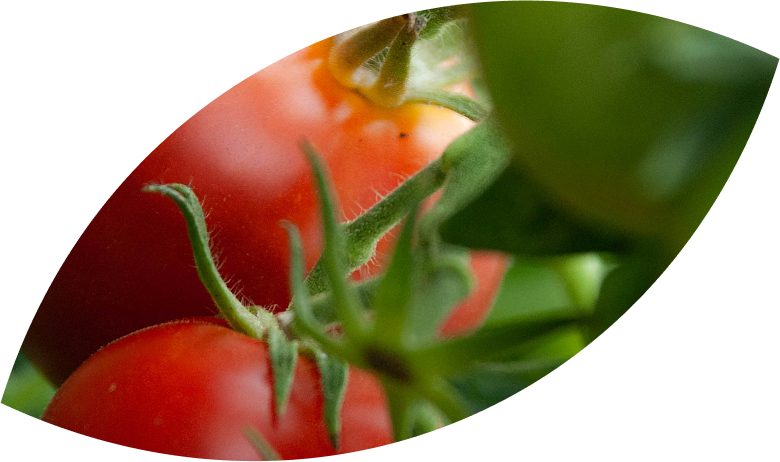
He shared his views on Morocco's prospects, the challenges ahead, and opportunities for continued growth. Topics such as opportunities and challenges in production, labor, logistics, and international demand were discussed.
Outlook for the 2025/2026 season
According to Greg Murdoch, the outlook for the 2025/2026 blueberry season in Morocco is very optimistic, with production expected to exceed 80,000 tons, assuming there are no major climatic or agronomic disruptions. In addition, southern regions are expected to supply early varieties and significant volumes from January to March, while northern regions are expected to offer sufficient availability to meet international demand from April to June. These prospects reflect both the maturity of Morocco's production regions and the growing global appetite for high-quality fruit.
Production trends
Today in southern Morocco, producers and marketing programs are seeking the most profitable periods. For retailers and customers, the extended harvest period from January to July offers consistent availability of Moroccan fruit.
The current diversification of varieties allows for longer shelf life and consistent quality, reinforcing Morocco's reputation as a reliable supplier of premium blueberries.
Market expectations
The CEO of African Blue believes that Europe remains the dominant market for Moroccan blueberries, with Spain, the United Kingdom, the Netherlands, Germany, and France as the main destinations.
However, producers growing fruit that meets high-end specifications (size, flavor, overall quality) can target Southeast Asian markets such as Hong Kong, Singapore, and Malaysia. It is true that the Middle East and the United States are also gaining popularity, especially among producers with connections in these regions through other agricultural exports.
In terms of demand (Europe and Asia), there is a growing trend towards high-quality fruit, reinforcing the importance of innovation and adaptability among producers. On the other hand, he believes that the potential impact of US tariffs could introduce a new trade dynamic, which could ultimately benefit Moroccan exports to the United States, although this remains to be confirmed.
Challenges for Morocco
The major risks that could impact operations and performance during the coming season are:
- Labor availability (losses could exceed 20%, affecting harvest and overall productivity).
- Extreme weather events (high temperatures, heavy rainfall, strong winds, potential yield reductions of up to 25%)
- Water scarcity (in southern regions), making investment in precision technologies necessary
Sustainability & Innovation
Moroccan producers are increasingly adopting precision irrigation, nutrient management, and waste reduction technologies to improve sustainability and resource efficiency.
At African Blue, for example, there is a strong focus on optimizing input use, environmental sustainability, implementing waste reduction initiatives and investing in redevelopment and variety replacement. These efforts build resilience, improve market adaptability, and ensure competitiveness in a rapidly changing global environment.
Competitive positioning
According to Mr. Murdoch, Morocco has established itself as a reliable supplier, now ranking fourth worldwide. Thanks to its extended production period and the quality of its products, it is able to fill supply gaps.
Looking Ahead
The future of Moroccan blueberries promises expansion into new production regions and market diversification (USA, Canada, Southeast Asia, etc.).
Finally, to enhance the value of the Moroccan industry, the main opportunities are, of course, post-harvest innovation and strengthening sustainability credentials (environmentally conscious consumers). These initiatives will not only promote long-term resilience but also reinforce Morocco's position as a pioneering leader in the global blueberry industry.
Source : IBO

